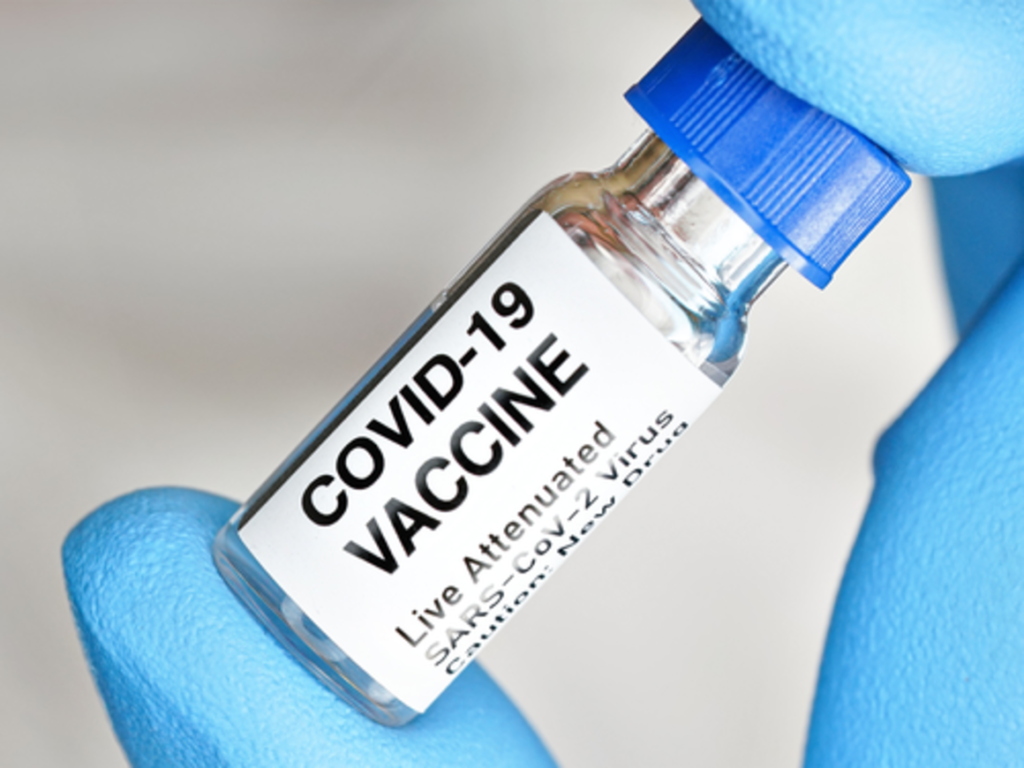11 February 2022
In February 2022, the RECOVER Social Science team published the results of their new study analyzing conditionality of COVID-19 vaccine acceptance in European countries. This cross-sectional survey was conducted online just before the European vaccine rollout in December 2020 among 7000 respondents (aged 18–65) in Belgium, France, Germany, Italy, Spain, Sweden, and Ukraine.
Overall, 56.9% of respondents would accept a COVID-19 vaccine, 19.0% would not, and 24.1% did not know or preferred not to say. By country, between 44% (France) and 66% (Italy) of respondents would accept a COVID-19 vaccine. Respondents expressed conditionality in open responses, voicing concerns about vaccine safety and mistrust of authorities.

These findings indicated that percentages of people reporting vaccine acceptance shed insufficient light on vaccine hesitancy: understanding reasons behind vaccine uptake decisions is essential for such insight, and ultimately for improving current and future vaccine uptake. The rapid development and purported content of COVID-19 vaccines (e.g. microchips, toxins) and their safety was subject to considerable questioning in the survey, particularly in open text responses, where many respondents conditioned their acceptance and rejection upon evidence of vaccine safety. Such questioning may have reflected citizens’ misgivings about their governments and pharmaceutical companies.
With varying success, European public health agencies have tackled COVID vaccine safety concerns to assist publics in making informed choices. Vaccine conditionality can be changed. Yet despite campaigns to enhance vaccine confidence and administer doses, the concerns collected before vaccine rollout and reported here persist. More qualitative research can yield deeper understanding of persistent concerns and those embracing them, potentially leading to new interventions that foster more effective exchanges with persistently vaccine-hesitant groups.